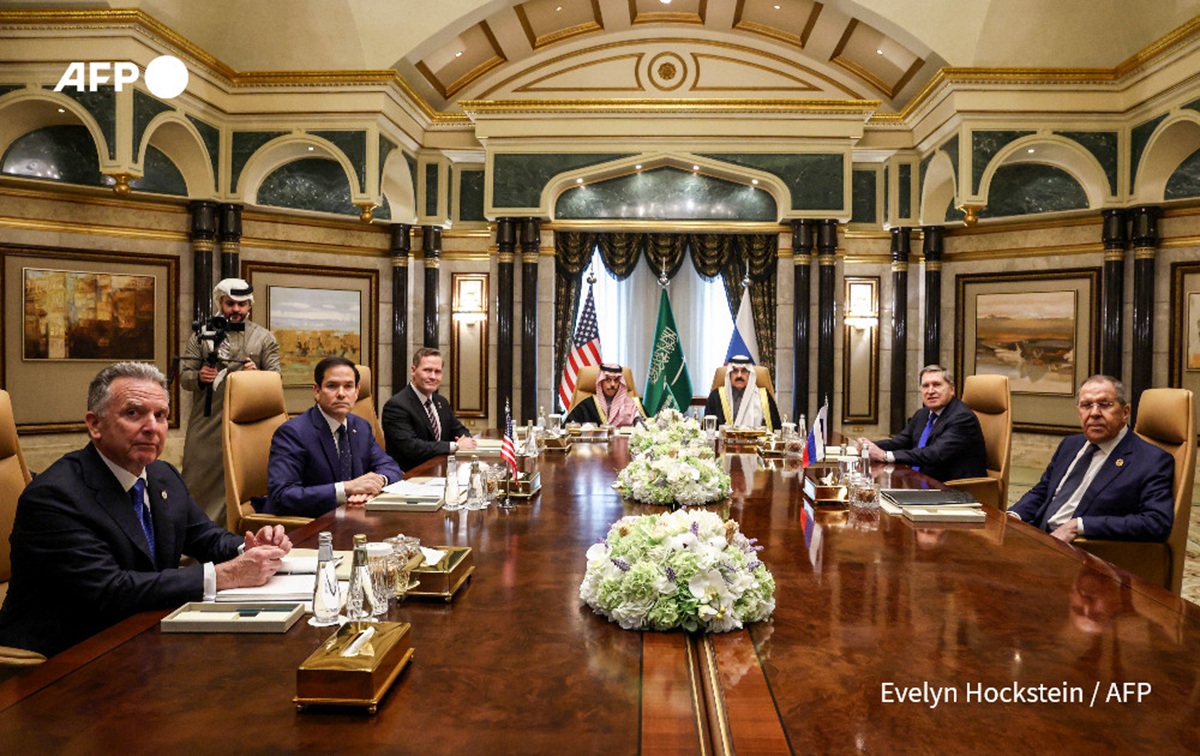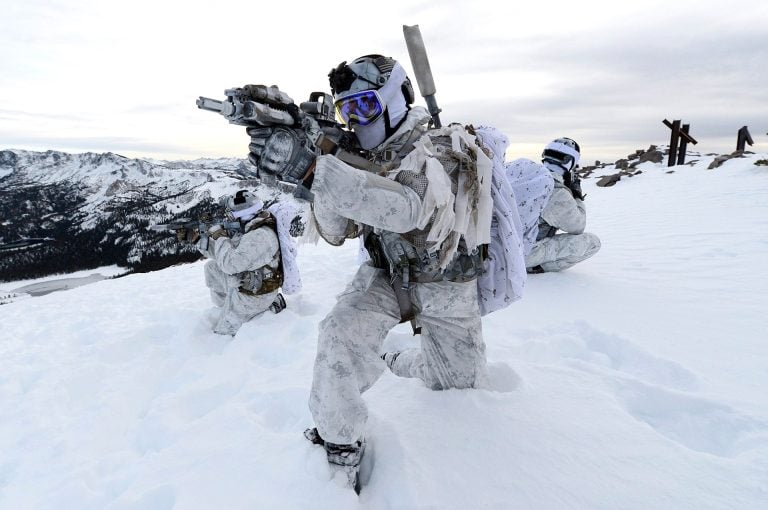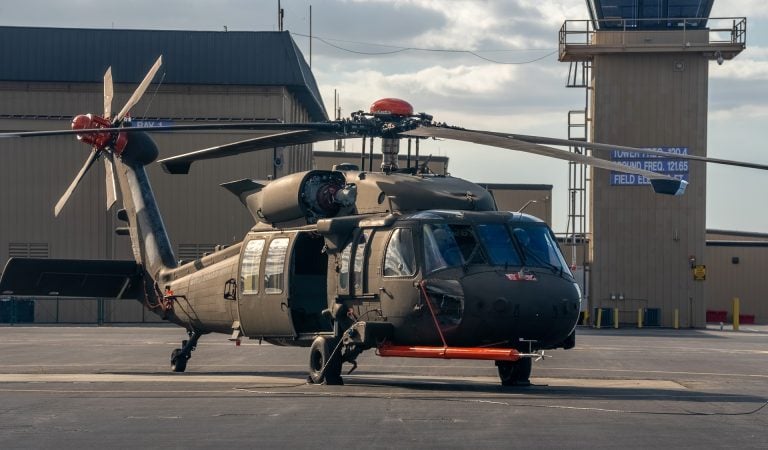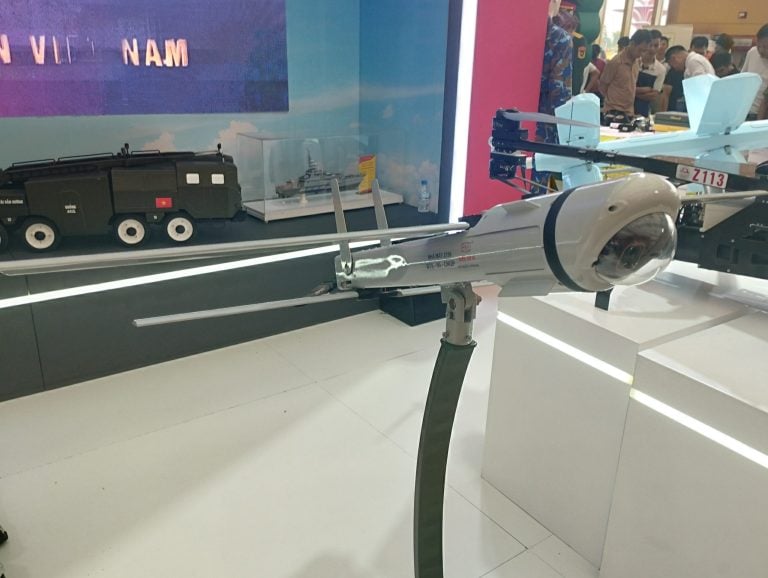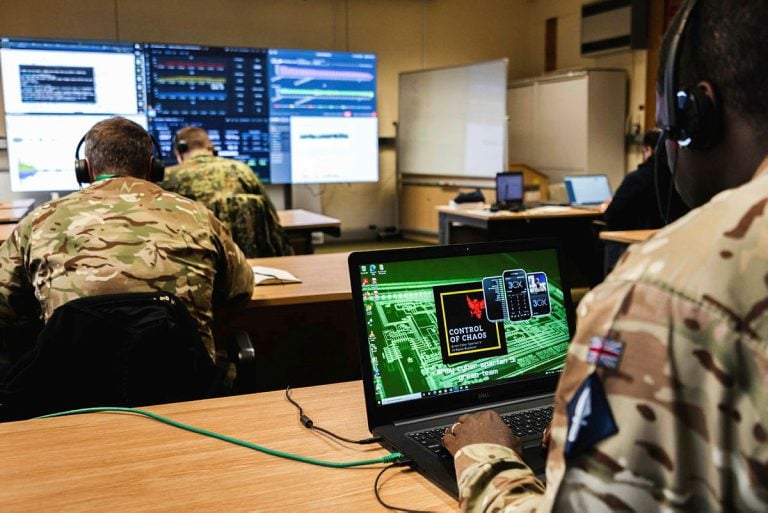In a significant diplomatic move, top diplomats from the United States and Russia convened in Riyadh, Saudi Arabia, on Tuesday to discuss a potential reset in their historically strained relations and explore avenues toward ending the ongoing conflict in Ukraine. Despite the high stakes of the meeting, which marks the first engagement of this level since Donald Trump took office as US President, both parties have tempered expectations regarding any immediate breakthroughs.
As discussions commenced at the historic Diriyah Palace, there was palpable concern among Ukraine and European nations about the implications of US diplomatic overtures towards Russia. Ukrainian President Volodymyr Zelensky expressed dissatisfaction with the absence of Ukrainian representation at the talks, stating that Kyiv was “not invited” and emphasizing that any negotiations concerning Ukraine’s future cannot occur without its involvement. Zelensky made clear via social media that any peace agreement would require “robust and reliable” security guarantees, a sentiment echoed by France and Britain, though not all European leaders share this view.
In a parallel development, European leaders convened in Paris for emergency discussions aimed at formulating a response to the shifts in US policy under Trump’s administration. One of the key topics on the agenda for the Riyadh meeting is a potential summit between Trump and Russian President Vladimir Putin, indicating a renewed possibility for direct engagement between the two leaders.
Trump’s administration has been keen on finding a swift resolution to the conflict that has persisted for three years, a prospect that Russia views as an opportunity to negotiate favorable terms. However, the specific nature of any agreements remains uncertain, as both Ukraine and Russia have firmly stated their unwillingness to engage in territorial concessions.
The delegations in Riyadh were led by Russian Foreign Minister Sergei Lavrov and senior adviser Yuri Ushakov, while the US contingent included Secretary of State Marco Rubio, National Security Advisor Mike Waltz, and Middle East envoy Steve Witkoff. Dmitry Peskov, spokesman for the Kremlin, indicated that the talks would work toward restoring the entirety of Russian-American relations, coupled with discussions about potential resolutions to the Ukrainian conflict.
Amidst these talks, China’s foreign ministry expressed support for initiatives aimed at peace in Ukraine, encouraging inclusivity in the negotiation process, suggesting that all parties should have a seat at the table.
As the diplomatic agenda progresses, Moscow enters the discussions with recent victories on the battlefield, whereas Kyiv faces uncertainty regarding continued military support from the US, a situation that has been a point of contention under the Trump administration. Zelensky’s absence from the Riyadh discussions also reflects the complexities involved, as he was scheduled to meet with Turkish President Recep Tayyip Erdogan earlier in the day, and he plans to arrive in Saudi Arabia on Wednesday without plans to confer with the American or Russian delegations.
As the geopolitical landscape evolves, analysts note the significance of holding these crucial talks in Saudi Arabia, a country that, under the previous US administration, was distanced from key diplomatic engagements. This shift may signal a broader re-engagement of regional partners as traditional venues like Europe become less viable for US-Russia diplomacy. As the international community watches closely, the prospects of diplomatic resolutions remain delicate and uncertain, with many awaiting clarity on how the significant players will navigate this intricate situation.
